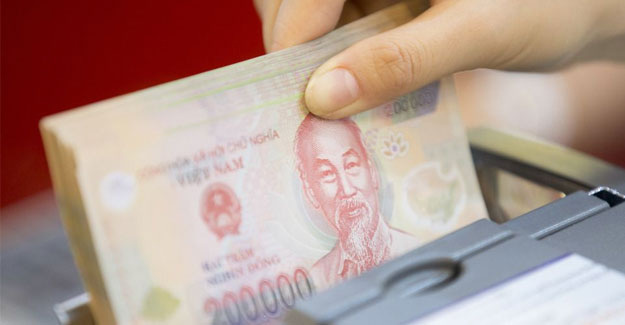
US Labels Vietnam Currency Manipulator
Prospects for new tariffs, quotas or other restrictions on imports from Vietnam got a boost on 16 December when the US Treasury Department issued a report finding that Vietnam has manipulated the value of its currency. In October the Office of the US Trade Representative launched a Section 301 investigation of Vietnam's acts, policies and practices related to currency valuation. In its semi annual foreign exchange rate report issued on 16 December Treasury listed Vietnam as a currency manipulator. US Treasury found that Vietnam (i) has a significant bilateral trade surplus with the United States (i.e., greater than US$ 20 billion), (ii) has a material current account surplus (i.e., at least three percent of the country's gross domestic product), and (iii) has engaged in persistent one sided intervention in the foreign exchange market (i.e., conducted repeated net purchases of foreign currency that amount to at least two percent of its GDP over the year). Treasury also determined that at least part of Vietnam's exchange rate management over the four quarters through June 2020, and particularly its foreign exchange intervention, was for purposes of preventing effective balance of payments adjustments and gaining unfair competitive advantage in international trade. Switzerland was named as a currency manipulator as well, for the same reasons. As a result, US Treasury will commence enhanced engagement with both Vietnam and Switzerland that will include urging the development of plans with specific policy actions to address the underlying causes of currency undervaluation and external imbalances. If either country fails to adopt appropriate policies within a year, the US president would be required to take one or more of the following actions: (i) denying access to Overseas Private Investment Corporation financing, (ii) excluding the country from US government procurement, (iii) calling for heightened surveillance by the International Monetary Fund, and (iv) instructing USTR to take such failure into account in assessing whether to enter into a trade agreement or initiate or participate in trade agreement negotiations. The president could waive the remedial action requirement under specified circumstances. Moreover, Treasury said it will maintain mainland China, Japan, Korea, Germany, Italy, Singapore and Malaysia on a list of economies targeted for close scrutiny of their currency practices and is adding Taiwan, Thailand and India to that list. Each of these economies except mainland China met two of the three criteria listed above, while mainland China met only one but "constitutes a disproportionate share of the overall US trade deficit."
Textile Excellence
If you wish to Subscribe to Textile Excellence Print Edition, kindly fill in the below form and we shall get back to you with details.












